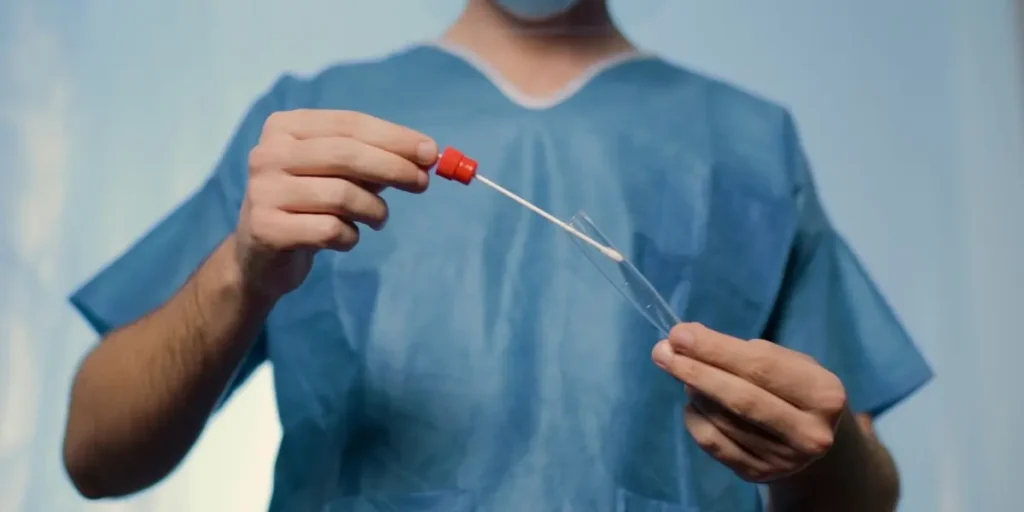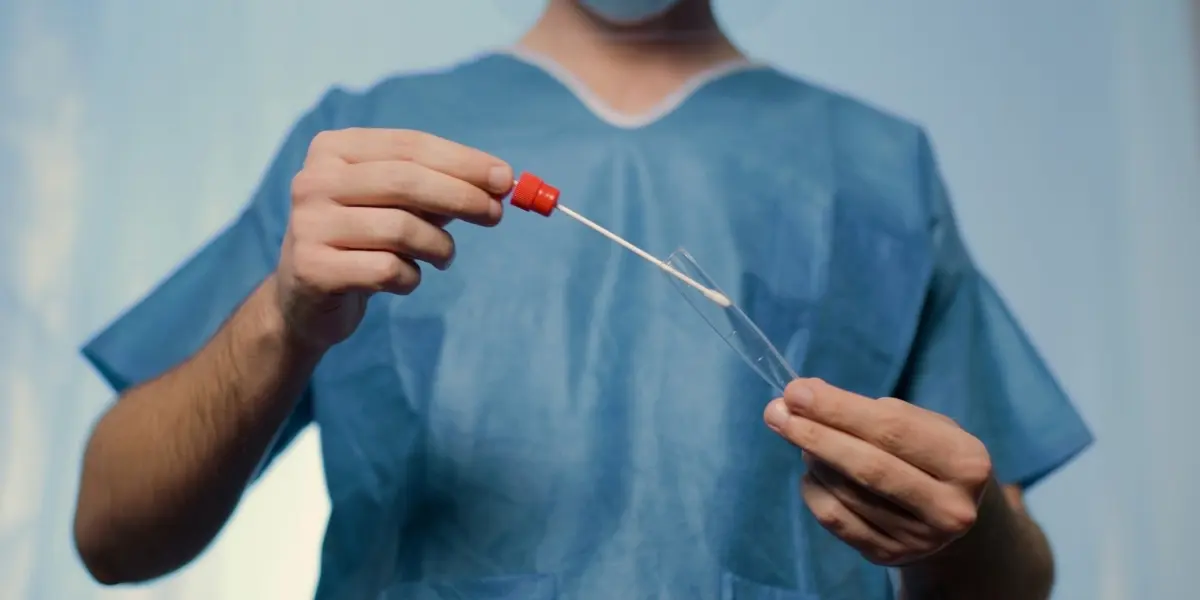Microsurgery for male infertility in Bangalore is a game-changer for men dealing with reproductive challenges. It offers a highly precise, effective solution to common infertility problems. By enhancing sperm delivery or correcting blockages, microsurgery provides renewed hope for fatherhood. In this guide, we’ll walk you through everything you need to know about this advanced treatment. Microsurgery for male infertility in Bangalore has become widely recognized for its success and affordability.

Microsurgery for male infertility involves detailed techniques performed under high magnification. Here’s how the procedure works:
Microsurgery for male infertility in Jayanagar has become a preferred choice due to its precision and safety. Patients in areas like Tilaknagar also benefit from advanced surgical options tailored to individual needs.
Recovery after microsurgery for male infertility in Bangalore is typically faster and less painful compared to conventional methods. Here are key recovery tips:
Most patients resume normal activities within a week, though full recovery can take several weeks. Microsurgery for male infertility in Jayanagar and Tilaknagar offers the added advantage of expert aftercare services.
Like any surgery, microsurgery carries certain risks:
Choosing an experienced surgeon can significantly reduce these risks. Microsurgery for male infertility in Tilaknagar is performed by skilled specialists to ensure patient safety.
The benefits of microsurgery for male infertility are numerous:
By opting for this advanced technique, men can achieve improved reproductive outcomes with minimal discomfort. Patients considering the cost of microsurgery for male infertility in Bangalore will find that the benefits far outweigh the investment.
Microsurgery offers several treatment options tailored to individual needs:
When seeking affordable options, understanding the cost of microsurgery for male infertility in Bangalore can help plan finances effectively. Clinics in Jayanagar and Tilaknagar provide comprehensive consultations to determine the best course of action.
Microsurgery for male infertility in Bangalore provides hope and effective solutions for men facing fertility challenges. Its precision and success rates make it a top choice for many couples. Microsurgery for male infertility in Jayanagar and Tilaknagar ensures personalized care and advanced treatment options. If you are struggling with infertility, consult with a specialist to explore how microsurgery can help you achieve your dream of parenthood.

Safety Rate
Safety Rate
Microsurgery for male infertility in Bangalore is a game-changer for men dealing with reproductive challenges. It offers a highly precise, effective solution to common infertility problems. By enhancing sperm delivery or correcting blockages, microsurgery provides renewed hope for fatherhood. In this guide, we’ll walk you through everything you need to know about this advanced treatment. Microsurgery for male infertility in Bangalore has become widely recognized for its success and affordability.
Microsurgery for male infertility involves detailed techniques performed under high magnification. Here’s how the procedure works:
Microsurgery for male infertility in Jayanagar has become a preferred choice due to its precision and safety. Patients in areas like Tilaknagar also benefit from advanced surgical options tailored to individual needs.
Recovery after microsurgery for male infertility in Bangalore is typically faster and less painful compared to conventional methods. Here are key recovery tips:
Most patients resume normal activities within a week, though full recovery can take several weeks. Microsurgery for male infertility in Jayanagar and Tilaknagar offers the added advantage of expert aftercare services.
Like any surgery, microsurgery carries certain risks:
Choosing an experienced surgeon can significantly reduce these risks. Microsurgery for male infertility in Tilaknagar is performed by skilled specialists to ensure patient safety.
The benefits of microsurgery for male infertility are numerous:
By opting for this advanced technique, men can achieve improved reproductive outcomes with minimal discomfort. Patients considering the cost of microsurgery for male infertility in Bangalore will find that the benefits far outweigh the investment.
Microsurgery offers several treatment options tailored to individual needs:
When seeking affordable options, understanding the cost of microsurgery for male infertility in Bangalore can help plan finances effectively. Clinics in Jayanagar and Tilaknagar provide comprehensive consultations to determine the best course of action.
Microsurgery for male infertility in Bangalore provides hope and effective solutions for men facing fertility challenges. Its precision and success rates make it a top choice for many couples. Microsurgery for male infertility in Jayanagar and Tilaknagar ensures personalized care and advanced treatment options. If you are struggling with infertility, consult with a specialist to explore how microsurgery can help you achieve your dream of parenthood.
The best treatment for male infertility depends on the underlying cause. Microsurgery, medication, and assisted reproductive techniques like IVF are common options. Consulting a fertility specialist helps identify the most suitable approach for each individual. Microsurgery for male infertility in Bangalore is a highly recommended option for many patients.
Microsurgical procedures such as varicocele repair, vasectomy reversal, and epididymal blockage correction are performed to enhance male fertility. These surgeries target structural issues that affect sperm production or delivery. Microsurgery for male infertility in Tilaknagar is well-known for its success in these procedures.
Advanced treatments for male infertility include robotic-assisted microsurgery and genetic analysis for personalized care. Innovations in sperm retrieval and preservation also offer new avenues for addressing infertility issues. Microsurgery for male infertility in Jayanagar integrates modern advancements to provide cutting-edge care.